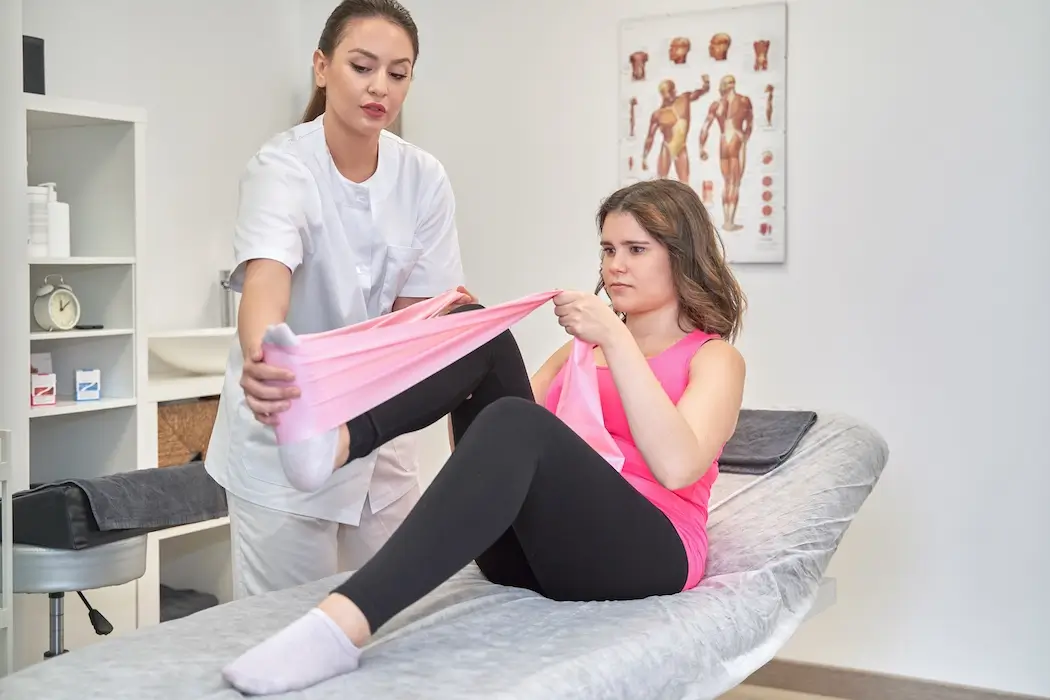
What is MSK
MSK (musculoskeletal) refers to the body's bones, muscles, tendons, ligaments, and joints. These structures work together to allow movement and provide support for the body. However, MSK conditions can cause pain, discomfort, and limited mobility. In this blog, we will explore the most common MSK conditions, their causes, and treatments.
Common MSK Conditions:
1. Arthritis - Arthritis is an inflammation of one or more joints that can cause pain, stiffness, and swelling.
2. Tendinitis - Tendinitis is an inflammation or irritation of a tendon, which connects muscle to bone. This condition often occurs in the shoulders, elbows, and knees.
3. Bursitis - Bursitis is an inflammation of the bursa, which is a fluid-filled sac that cushions the joint. This condition can cause pain and swelling in the affected area.
4. Muscle Strain - A muscle strain is a tear in the muscle fibers, which can cause pain and weakness. This condition often occurs in the back, neck, and shoulders.
5. Fractures - A fracture is a break in the bone, which can cause pain, swelling, and difficulty moving the affected area.
Causes:
MSK conditions can be caused by a variety of factors, including:
1. Trauma - Trauma can cause fractures, muscle strains, and other MSK conditions.
2. Overuse - Repetitive use of a muscle or joint can cause tendinitis, bursitis, and other MSK conditions.
3. Aging - As we age, our bones, muscles, and joints become weaker, making us more susceptible to MSK conditions.
4. Genetics - Some MSK conditions, such as arthritis, have a genetic component.
Treatments:
Treatment for MSK conditions depends on the specific condition and its severity. Here are some common treatments:
1. Rest - Resting the affected area can help reduce pain and inflammation.
2. Ice and Heat - Applying ice or heat to the affected area can help reduce pain and swelling.
3. Medication - Over-the-counter or prescription medication can help reduce pain and inflammation.
4. Physical Therapy - Physical therapy can help improve mobility, strength, and flexibility.
5. Surgery - In some cases, surgery may be necessary to repair or replace damaged MSK structures.
In conclusion, MSK conditions can cause pain, discomfort, and limited mobility. However, with proper diagnosis and treatment, many MSK conditions can be effectively managed. If you are experiencing MSK symptoms, it is important to seek medical attention to determine the best course of treatment.